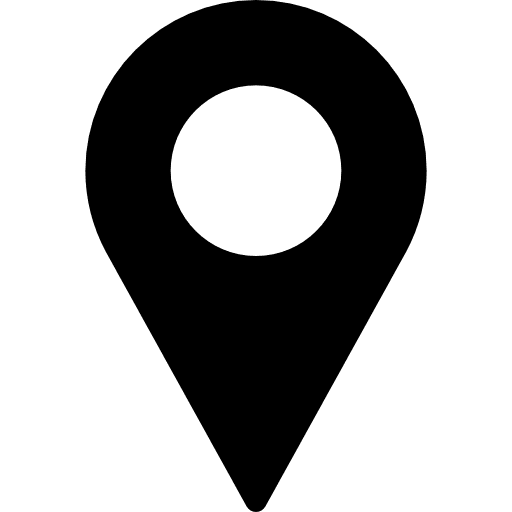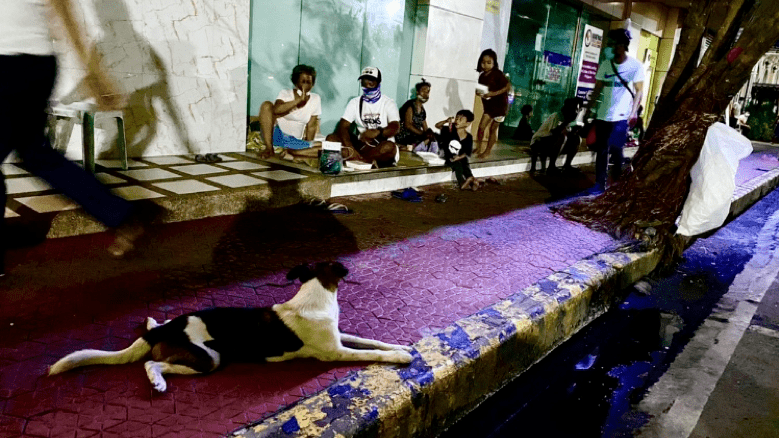
Strangers in the night kidnap and murder those marked by the state.
This street used to be my home. A home not by your standard nor definition, but mine. I have a wall, I even have a floor. A stray dog began to like me and kept me company. He became my family.
Life was good: a free meal once a day split with the dog, Bantay, kept me alive. That was all I wanted, really. A free meal once a day - bliss!
Little did I know that the word ‘free’ would take a different meaning one Tuesday night. A group of riders came for me. I was half awake; while looking at my own shadow, all became a blur.
I clutched onto my leftover meal. I could still hear the motorcycles screeching. Was that a 360-degree turn? Did they miss me the first time?
Then I heard three shots. I had no way of knowing if they were aimed at me. It felt like it, though. I saw blood on the spilled rice beside me, which turned red.
For a brief moment, there was a deafening silence as my shadow slowly disappeared. Am I gone? Am I free? Who do I thank for this freedom?

Manila, Philippines. Thousands of people have been murdered or abducted in the country as a result of the state’s ‘war on drugs’.
Mae Paner is an artist and activist raising awareness on the Philippines’ war on drugs.














Juan is 27 years old and he disappeared for three weeks. They pulled him away from his work as a police officer in a town in Michoacán, in central Mexico. They tied him up. They beat him until he passed out. They tossed him out, perhaps thinking he was dead. His colleagues found him on the hillside. He was almost dead, covered in vomit and excrement. He was blind.
For a year, his mother has tried to bring him back home.
To bring him back from that place.

My son is another man. I no longer know him. I don’t know who he is, I lost him. He’s entirely destroyed. Something died, something died inside of him. I always grew up thinking that men are strong, that the strength of humanity comes from men, that’s what we believe. I think that something died in his soul … he stayed there, he didn’t evolve, he didn’t return.

I received the call when I was on the train on my way to Sinaloa to look for a job. I was short of breath, I felt ill and at the same time a sense of peace.
I used to dream about him a lot, seeing him with his back to me, and I’d scream ‘Brother, brother!’ and he wouldn’t turn around. And now, when I dream about him, I see him laughing and telling me, ‘Alright, calm down’, and now I do see him and can see him smiling. I feel like I kept my promise to him, that I was going to find him.
But the truth is that sometimes it hurts a lot. It’s not like people think, that truth brings peace. We used to have bonfires, we’d burn tyres, we’d play with the fire. Now I don’t even want to cook. I turn the stove on, the oil spits and I think about him, I imagine what they did to him, if he was alive or not… Now I can’t cook ground meat, I can’t. It scares me.